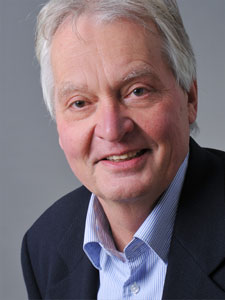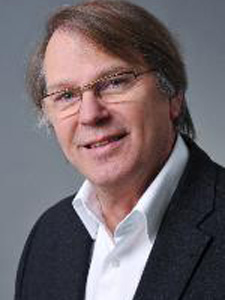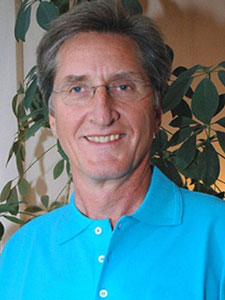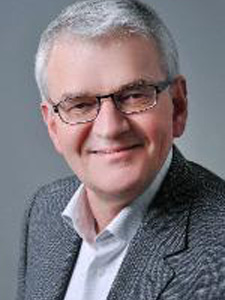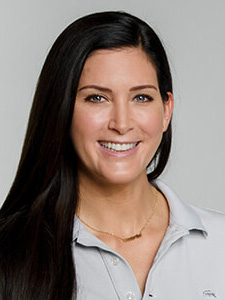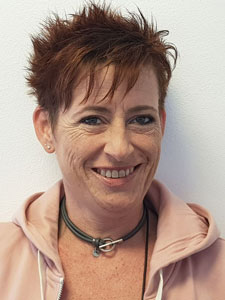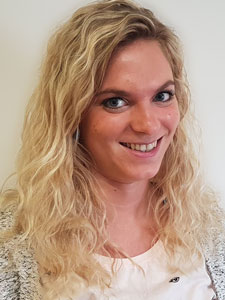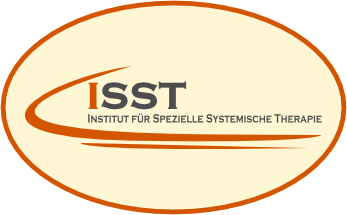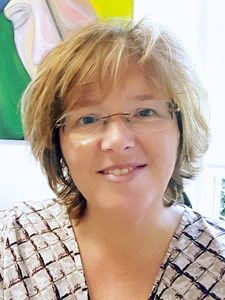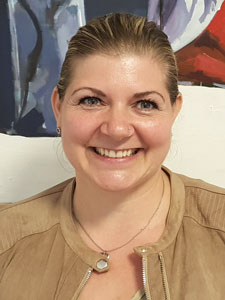A successful treatment requires more than routine diagnoses and standard therapies. At ISST an individually customized diagnostic and therapy program is designed for every patient. The therapists are prepared for their interactive team work at ISST by having studied Rehabilitation Science and obtaining additional professional and job trainings in practice and theory which takes several years to complete. Therefore, they possess on the one hand a wide spectrum of theoretical and practical knowledge typical for treatment and rehabilitation regimens. On the other hand, the therapists also learn special methods, which have been developed and used successfully at ISST for more than twenty years. Finally, therapies require creative talents as well. Therapies must always be integrated, individually customized and continually revised. This type of therapy demands a high degree of qualification, dedication and flexibility. Only specially selected therapists are able to meet the requirements of ISST.
Therapist Qualifications at ISST
Requirements
 A university degree in the area of Rehabilitation Science with at least one additional concentration relevant to rehabilitation is required. After successfully graduating the degree program, three years of internship and supervised therapy practice are expected at ISST, resulting in certification in a broad-ranging spectrum of multidisciplinary professional knowledge, diagnosis and therapy organization and practical implementation of therapies. The successful completion is obtained through promotion to certified ISST Rehabilitation Therapist.
A university degree in the area of Rehabilitation Science with at least one additional concentration relevant to rehabilitation is required. After successfully graduating the degree program, three years of internship and supervised therapy practice are expected at ISST, resulting in certification in a broad-ranging spectrum of multidisciplinary professional knowledge, diagnosis and therapy organization and practical implementation of therapies. The successful completion is obtained through promotion to certified ISST Rehabilitation Therapist.
Some Special Qualifications
- Special knowledge about the application of diagnostic methods and materials
- Excellent communication and social skills necessary to establish and maintain a trustworthy therapeutic setting.
- Routine professional and job trainings in the areas of diagnosis and therapy
- Knowledge about new developments in assistive technologies, especially for the area of rehabilitation
- Broad psychological knowledge in psychological assistance of patients, improvement of the therapist and patient relationship, retention of motivation during therapy.
- Ability to individualize the therapeutic work considering the particular capabilities of the patient
- Trend diagnostics of the amount of effort and need necessary for effective therapies
- Feedback for the patients based on the trend diagnostics
- Cost effective treatment organization
- Internal and external cooperation: Constructive exchange of experiences with other experts
- Flexible, timely treatment schedule divided over six days per week
- Knowledge of assistive and rehabilitation technologies
- Knowledge of foreign languages
Learn more… The team of the ISST introduces itselfs
The ISST-Unna has a wide range of services from rehabilitation and healthcare. Get to know us, our employees, and the dedication and high qualification of our whole team.
Intensive cooperation at eye level and success steps that are noted shortly, conveys the feeling doing the right thing to the concernded participants. This is the most important foundation for a mutually motivated work – both for patient and therapist – and therefore the dominant element of the ISST team philosophy.
Clear and comprehensive medical explanations, discussion of established and alternative therapies, and the usage of personalized, holistic treatments on a scientific basis, are the foundation for our successful therapeutic activities.
The many years of collaboration of Dr. Klaus and Sabine Berndsen Bernden in international interdisciplinary research projects, teaching at universities and other health care facilities as well as intensive practical work with patients who are an important source for permanent expansion of general skills and expertise at the ISST.

Sabine Berndsen
Director of the ISST

Dr. Klaus Berndsen
Scientific Director
*A E I O U Human that is you – The bronze sculpture in the head of this page is a joint production of Dr. Klaus Berndsen and the polish artist Eugen Wisniewski.

